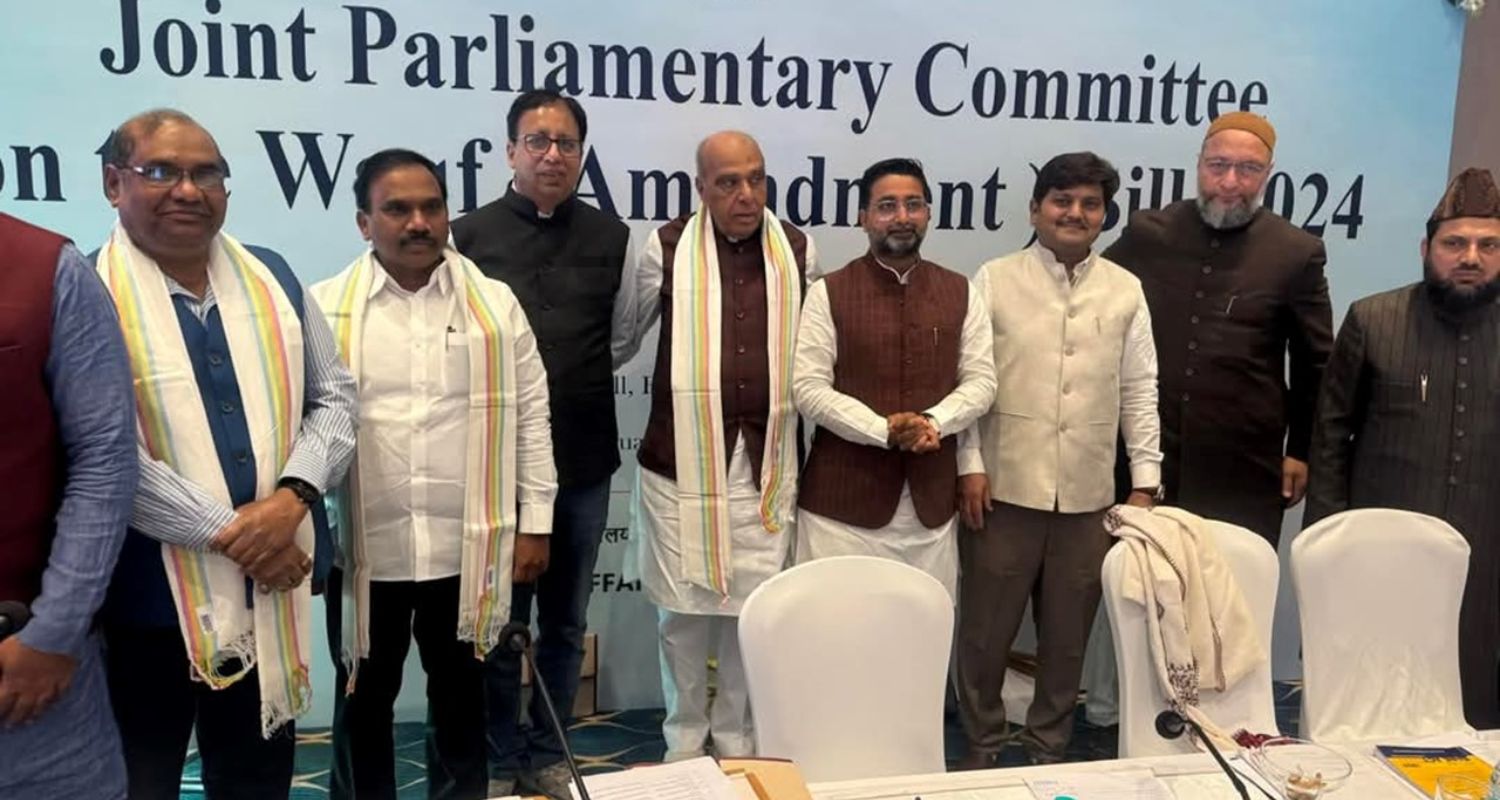A Joint Parliamentary Committee (JPC) has approved the Waqf (Amendment) Bill with 14 modifications on Monday. The original draft of the bill was introduced in Parliament in August last year. While opposition MPs proposed 44 amendments to the bill, all were rejected by the JPC, chaired by BJP MP Jagadambika Pal.
The JPC was initially asked to submit its report by November 29. However, the deadline was extended to February 13, the final day of Parliament’s Budget Session.
The committee’s hearings have faced disruptions, with opposition MPs accusing the Chair of favouring the ruling BJP. Last week, opposition leaders wrote to Lok Sabha Speaker Om Birla, alleging that Mr. Pal was attempting to rush the Waqf (Amendment) Bill to influence the February 5 Delhi elections.

This complaint followed the suspension of 10 opposition MPs, who argued they were not given enough time to study the proposed changes.
Also Read: Waqf JPC meeting chaos: BJP's Jagdambika Pal alleges abuse
The Waqf (Amendment) Bill aims to reform the administration of Waqf boards. Key amendments include:
- Adding non-Muslim members and at least two women to Waqf boards.
- Expanding the central Waqf Council to include a union minister, three MPs, two former judges, four eminent individuals, and senior government officials, none of whom need to be Muslim.
- Prohibiting the Waqf Council from claiming land.
- Restricting donations to practicing Muslims who have followed their faith for at least five years, a point that has sparked debate over the term "practicing Muslim."
The government argues that these changes aim to empower Muslim women and children, who it claims were disadvantaged under the previous law. However, critics, including Congress leader KC Venugopal, view the amendments as an attack on religious freedom.
The Waqf (Amendment) Bill continues to be a contentious issue, with strong reactions from both supporters and detractors as the debate moves forward.
Also Read: JPC members suggest 572 amendments to Waqf bill



